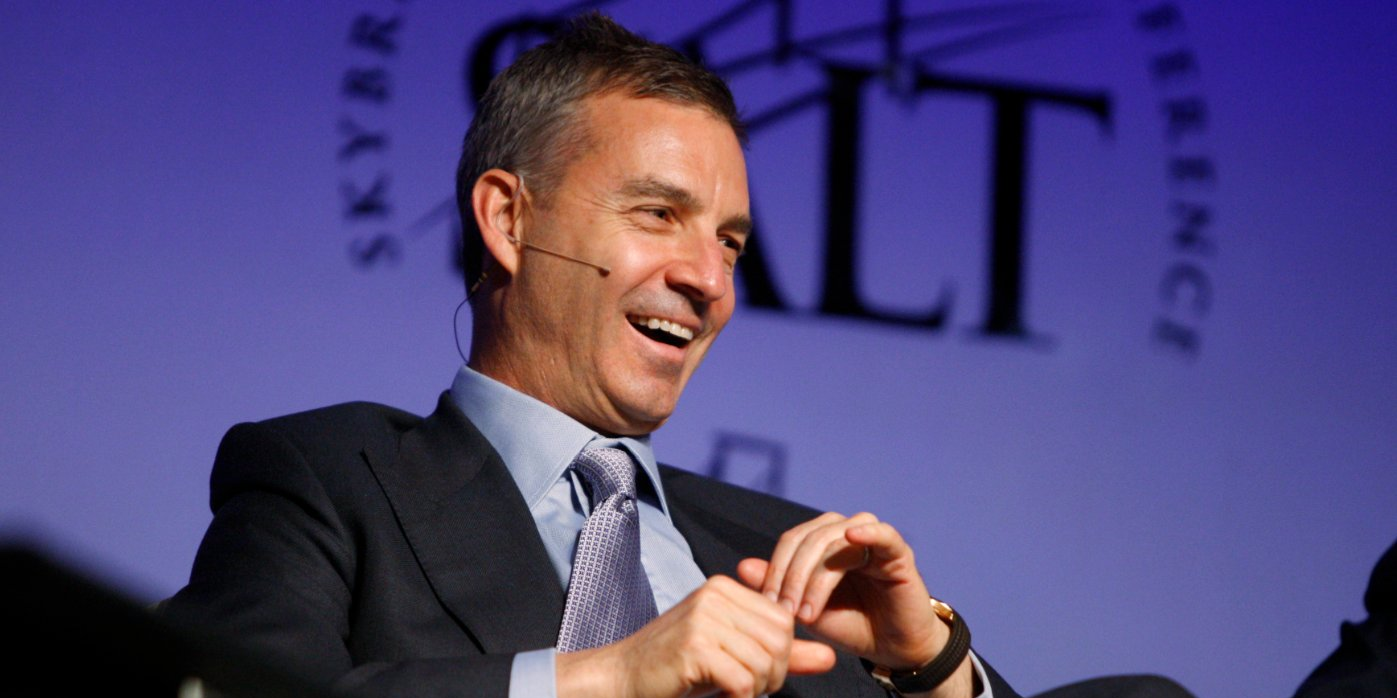
Reuters/ Steve Marcus
- Billionaire investor Dan Loeb has scored a 3,700% unrealized gain on Upstart stock.
- Loeb's Third Point invested a total of $90 million in the AI-powered lending platform.
- The fund now commands a $3.4 billion stake, despite cashing out $200 million of stock in August.
- See more stories on Insider's business page.
Billionaire investor Dan Loeb has racked up a remarkable 3,700% gain on Upstart stock, despite cashing out a cool $200 million of the AI-powered lending platform's shares in August.
Loeb's Third Point hedge fund first invested in Upstart about six years ago at a $145 million valuation – less than 1% of its current $21 billion market capitalization. It plowed a total of $66 million into the startup before Upstart went public last December, and spent another $24 million to grow its position to 13.4 million shares during the IPO.
Third Point's investment was worth $267 million at Upstart's IPO price of $20 in December. The technology company's stock price has skyrocketed more than 13-fold since then, closing at $274 on Wednesday.
Loeb and his team sold nearly 1 million Upstart shares or about 7% of their position in late August, pocketing roughly $200 million, Securities and Exchange Commission filings show. Third Point's reduced stake is worth $3.4 billion today, or about 38 times its $90 million investment.
Upstart partners with banks and credit unions to provide consumer loans, and predicts creditworthiness based on education level and work history as well as conventional metrics such as credit scores. Its revenues grew 43% to $229 million in 2020, swinging it from a $5 million operating loss in 2019 to a $12 million operating profit.
The fintech startup is easily Third Point's most valuable position. It accounted for about 10% of the fund's $17 billion US stock portfolio at the end of June, and has roughly doubled in value since then.
Third Point is focusing more on private investments following the success of its Upstart bet. "Entering early allows us to acquire significant ownership in great companies at an entry price that is a small fraction of their ultimate public valuations," Loeb wrote in his first-quarter letter to clients.
The investor added that his fund engages in "lifecycle investing," so unlike a venture capital firm, it doesn't view an IPO as exit event. Instead, he and his team can continue guiding their portfolio companies' management and investing in them after they go public, he said.

